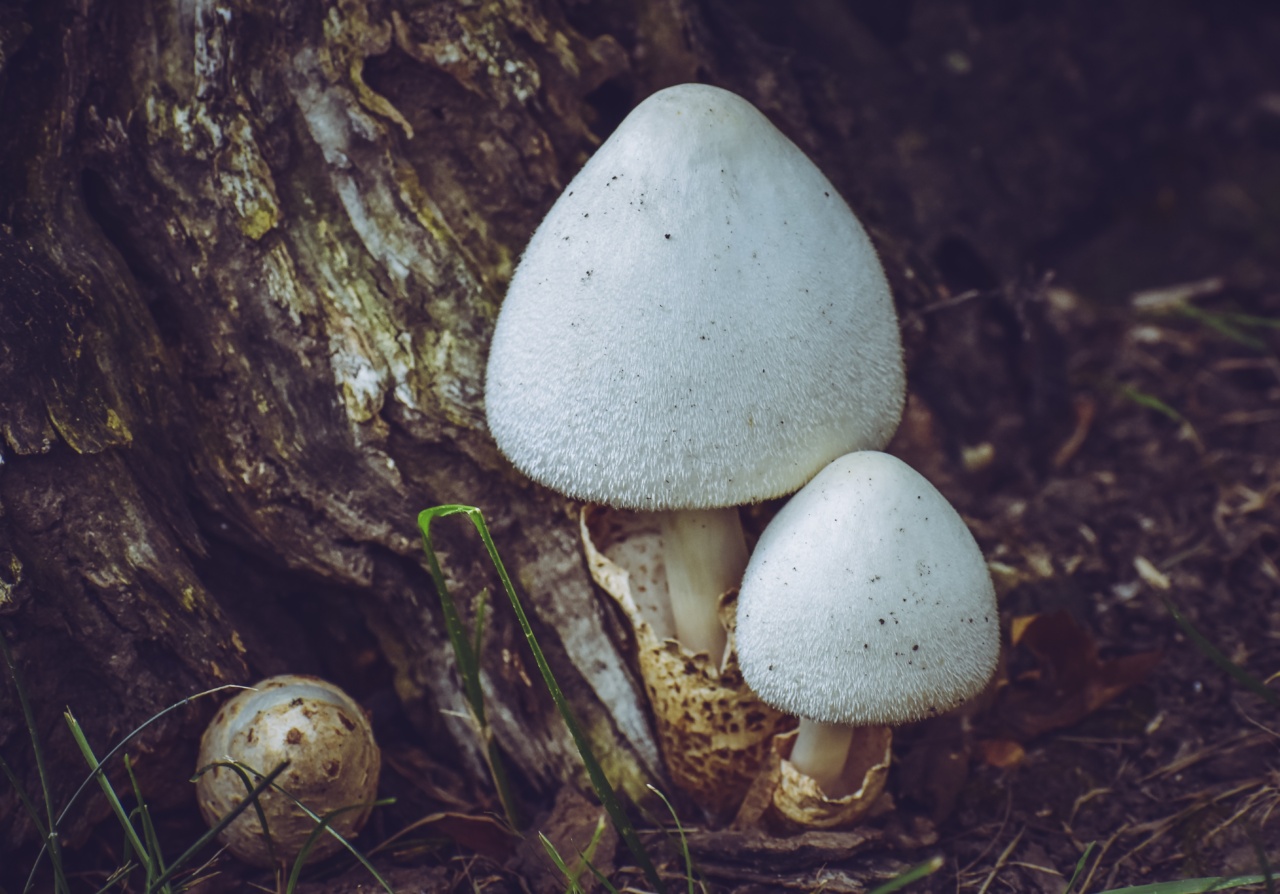Humans have coexisted with the sun for millions of years, but with the depletion of the ozone layer and increased exposure to ultraviolet radiation, the sun is now a potential threat to our wellbeing.
What is Solarian?
Solarian is a term used to describe the dangerous mix of harmful rays and the stress associated with sun exposure. This term is used to describe the potentially negative impact of the sun and UV radiation on human health.
Harmful Rays in Sunlight
Ultraviolet (UV) radiation is a type of electromagnetic radiation that comes from the sun. This radiation is invisible to the human eye and is divided into three types – UVA, UVB, and UVC.
UVC does not reach the Earth’s surface as it is blocked by the ozone layer. However, UVA and UVB both penetrate the atmosphere and can reach the Earth’s surface.
UVA rays have a long wavelength and penetrate deeper into the skin than UVB rays. These rays are responsible for skin aging, wrinkles, and age spots. UVA rays can also cause skin cancer, including melanoma.
UVB rays have a shorter wavelength and can burn the skin. These rays can also cause skin cancer, including basal cell carcinoma and squamous cell carcinoma. UVB rays are responsible for the majority of sunburn cases.
Stress from Sun Exposure
In addition to harmful rays, sun exposure can also cause stress to the body. When the body is exposed to the sun, it releases stress hormones, such as cortisol and adrenaline.
These hormones increase heart rate, blood pressure, and respiration, while also affecting the immune system.
Prolonged sun exposure can lead to chronic stress, which can increase the risk of heart disease, high blood pressure, and other chronic conditions.
The Dangers of Solarian
Solarian can have a significant impact on human health. Long-term exposure to harmful rays and stress can increase the risk of various health problems. Some of the dangers of Solarian include:.
Skin Damage and Skin Cancer
Long-term sun exposure can lead to skin damage, including wrinkles, age spots, and skin cancer. The risk of skin cancer increases with prolonged exposure to UV radiation, especially if the skin is not protected by clothing or sunscreen.
Skin cancer is the most common type of cancer in the world, with over two million cases diagnosed each year.
Eye Damage
UV radiation can also damage the eyes. Extended exposure to UV radiation can cause eye damage, including cataracts and macular degeneration. The World Health Organization (WHO) estimates that up to 20% of all cataracts may be caused by UV radiation.
Immune Suppression
Exposure to UV radiation can suppress the immune system, making it harder for the body to fight infections and diseases. This can increase the risk of infections, viruses, and certain types of cancer.
Dehydration and Heat Exhaustion
Sun exposure can lead to dehydration and heat exhaustion, especially if the body is not properly hydrated. Symptoms of dehydration can include dry mouth, thirst, and fatigue.
Heat exhaustion can cause nausea, dizziness, and confusion, and in severe cases, can lead to heat stroke.
How to Protect Yourself from Solarian?
Protecting yourself from Solarian requires a combination of protective measures, including:.
Wearing Protective Clothing
Wearing protective clothing, such as a hat, long sleeves, and pants, can help protect your skin from the sun’s harmful rays. Clothing made from sun-protective fabric can provide additional protection, blocking up to 98% of UV radiation.
Using Sunscreen
Using sunscreen can help protect your skin from harmful rays. Look for a broad-spectrum sunscreen with an SPF of at least 30. Apply sunscreen generously to all exposed areas of skin and reapply every two hours or after swimming or sweating.
Staying Hydrated
Staying hydrated can help prevent dehydration and heat exhaustion. Drink plenty of water, especially if you are spending time in the sun.
The Bottom Line
Solarian is a dangerous mix of harmful rays and stress associated with sun exposure. Protecting yourself from solarian requires taking protective measures, such as wearing protective clothing, using sunscreen, and staying hydrated.





























